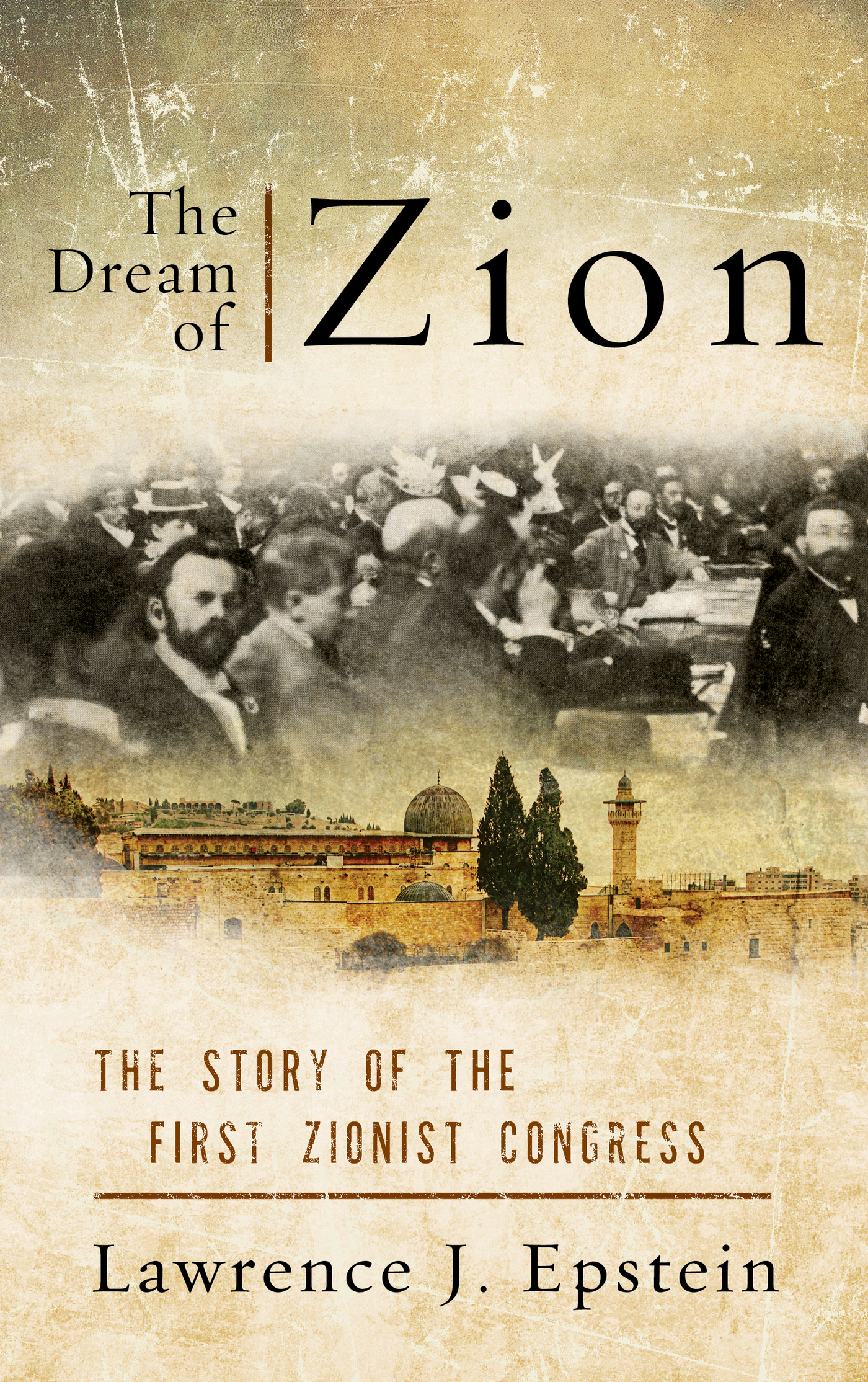The Dream of Zion
The Dream of Zion
The Story of the First Zionist Congress
Lawrence J. Epstein
ROWMAN & LITTLEFIELD
Lanham Boulder New York London
Published by Rowman & Littlefield
A wholly owned subsidiary of
The Rowman & Littlefield Publishing Group, Inc.
4501 Forbes Boulevard, Suite 200, Lanham, Maryland 20706
www.rowman.com
Unit A, Whitacre Mews, 26-34 Stannary Street, London SE11 4AB,
United Kingdom
Copyright 2016 by Rowman & Littlefield
All rights reserved. No part of this book may be reproduced in any form or by any electronic or mechanical means, including information storage and retrieval systems, without written permission from the publisher, except by a reviewer who may quote passages in a review.
British Library Cataloguing in Publication Information Available
Library of Congress Cataloging-in-Publication Data
Names: Epstein, Lawrence J. (Lawrence Jeffrey), author.
Title: The dream of Zion : the story of the first Zionist Congress / by Lawrence J. Epstein.
Description: Lanham, Maryland : Rowman & Littlefield, [2016] | 2016 | Includes bibliographical references and index.
Identifiers: LCCN 2015037143 | ISBN 9781442254664 (hardback) | ISBN 9781442254671 (electronic)
Subjects: LCSH: Zionist Congress (1st : 1897 : Basel, Switzerland) | ZionismHistory. | BISAC: RELIGION / Judaism / History. | HISTORY / Middle East / Israel.
Classification: LCC DS149.A4 E67 2016 | DDC 320.54095694dc23 LC record available at http://lccn.loc.gov/2015037143
 TM The paper used in this publication meets the minimum requirements of American National Standard for Information Sciences Permanence of Paper for Printed Library Materials, ANSI/NISO Z39.48-1992.
TM The paper used in this publication meets the minimum requirements of American National Standard for Information Sciences Permanence of Paper for Printed Library Materials, ANSI/NISO Z39.48-1992.
Printed in the United States of America
This book is dedicated to
SHARON SELIB EPSTEIN
A True Woman of Valor
Acknowledgments
It is humbling to research and write a book about the birth of Zionism as particularly embodied in the story of the First Zionist Congress. As I worked on the book, I thought of Rabbi Tarfons famous words in the Talmud: You are not expected to complete the task, but neither are you free to abandon it. Writing about the origins of the Zionist movement involved doing research that was beyond my abilities, for in principle that research should include mastering material that is both staggering in scope and written in the wide variety of foreign languages in which the material resides. On the other hand, I had my enthusiasm and a sense of relief that so much of the material is at least available. Happily, the early Zionists were not shy about dipping their pens in ink and attaching their thoughts to paper. They had much to say to each other and to the world.
I have, given that voluminous amount of material, therefore undertaken this book not with the idea that every last fact about Zionisms origins is in here. Rather, it is my hope that I have told the story of the First Zionist Congress in a clear and coherent way to introduce readers to a vital and significant subject about perhaps the most seminal meeting in modern Jewish life. I only hope I have successfully conveyed the depth of my own fascination with the subject.
To help me, I have relied on people who were always eager to help. I started with the assistance of the staff at the Central Zionist Archives in Jerusalem. Indeed, without their bibliographical advice, I might not have been able to continue. Benjamin Trowbridge at The National Archives of the United Kingdom answered questions helpfully. I got materials from the Theodor Herzl Collection at the Leo Baeck Institute Archives and the Center for Jewish History. I used many libraries, too many to list, but I do in particular want to thank the Jewish Theological Seminary Library and the Columbia University Library. I want to thank Kevin Proffitt, senior archivist for Research and Collections at the American Jewish Archives, for his repeated extraordinary help over the course of several books.
My daughter Lisa Christen was my research assistant in Basel, Switzerland. Lisa got materials and contacted and visited key people and sites. In Basel, I want to thank the very helpful Seraina Allenbach at the Casino-Gesellschaft, Stefan Welti of the Grand Hotel Les Trois Rois, and Sofie Decker of the Judisches Museum. Ms. Decker arranged for Lisa to interview Theodor Herzl expert Simone Schermann at the museum. Since the extended and insightful interview was in German, Lisas language skills proved to be invaluable. Since then Ive found out that Sima Schermann understands English well, and I thank her for her continuing enthusiasm for the book. Finally, Id like to thank Joel Weill of the Israelitische Gemeinde Basel for his suggestions.
Many other individuals provided advice and help.
I thank Rabbi David Wolpe for his characteristically thoughtful observations about Zionism. Anyone who has read his work knows why Newsweek named David the most influential rabbi in America in 2012. The author of such books as David: The Divided Heart, David Wolpe has simply mastered the art of writing exquisite prose, and I appreciate all the help he provided.
Thanks as well to Yossi Klein Halevi, the very prominent and thoughtful Israeli author and journalist. Yossi is the author of, among other valuable works, the extraordinary book Like Dreamers: The Story of the Israeli Paratroopers Who Reunited Jerusalem and Divided a Nation, which won the Jewish Book of the Year Award from the National Jewish Book Council in 2013. Yossi provided me with his usually incisive insights to help me think through the origins of the conflict between Jews and Arabs in the Land of Israel.
I also want to thank Rabbi Elliot J. Cosgrove, the author of Jewish Theology in Our Time: A New Generation Explores the Foundations and Future of Jewish Belief, for his always insightful suggestions and for his constant help.
Derek Penslar, a professor of Israel Studies at Oxford, provided his significant advice. Im particularly looking forward to Professor Penslars forthcoming biography of Theodor Herzl.
Professor Steve Zipperstein was kind enough to offer some insights concerning Ahad Haam. His book on the great Zionist thinker is exemplary.
David Matlow, owner of the largest privately held collection of Herzl materials in the world, provided access to the documentary My Herzl, produced by Matlow and directed by Eli Tal-El. Dr. Richard Tuckman provided ongoing articles and documentaries as well as conversations about Israel. Sue Rubinstein DeMasi has been a friend who, luckily for me, is also an excellent librarian, researcher, and writer. I thank her for a supply of interesting articles and look forward to her forthcoming book on Henry Alsberg, the director of the Federal Writers Project. David Lehman and Stacey Harwood, of the Best American Poetry Blog (http://blog.bestamericanpoetry.com/), could be the accompanying illustrations to a definition of kind and supportive. David, a world-famous poet and editor, was generous enough to ask me to blog about the progress of this book as I wrote it. Tony DiFranco and I meet regularly for lunch to discuss our writing. Tonys own writing and filmmaking career make him an inspiring and insightful person with whom to discuss my work. Doug Rathgeb has been a close friend for over fifty years. Weve been carrying on a conversation about our writing careers for all those decades, and we continue to do so now. My Facebook friends, Twitter followers, and others on the various social media in which I participate support and on occasion challenge me. I appreciate all of them very much.
Next page
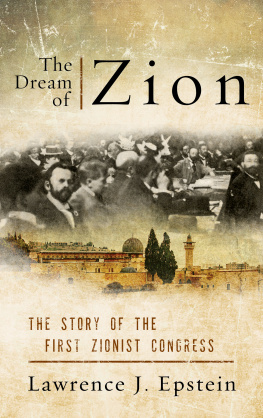
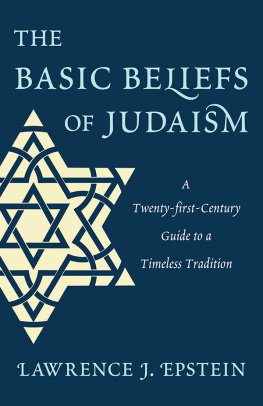
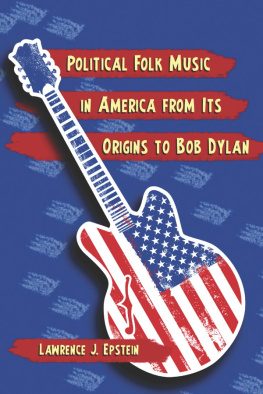

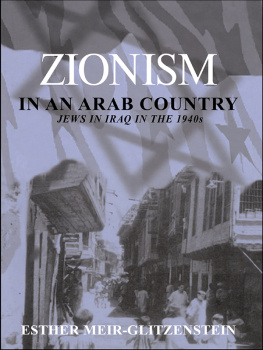
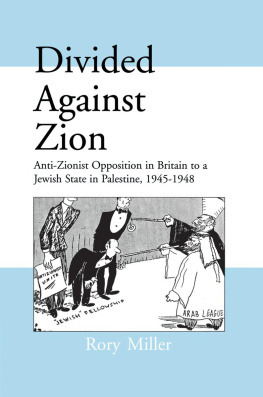
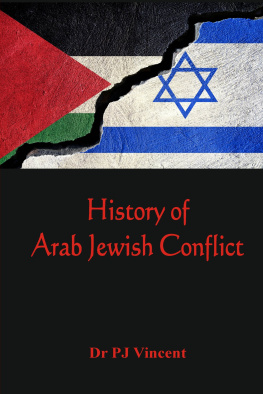
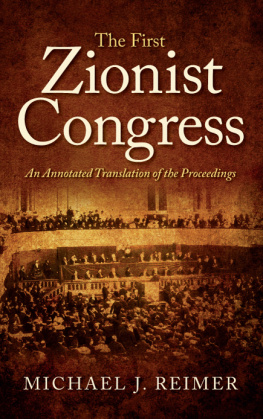
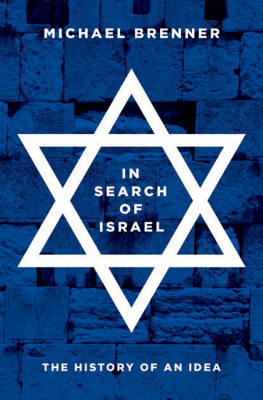
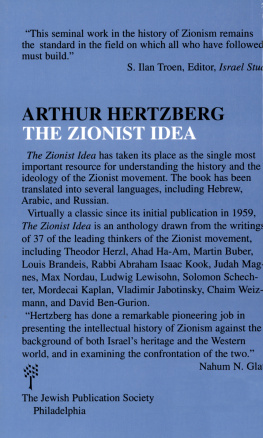
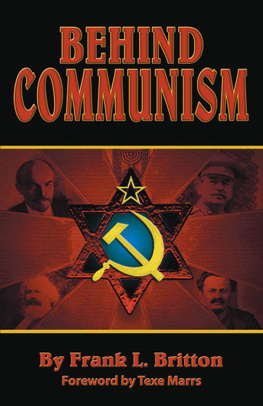
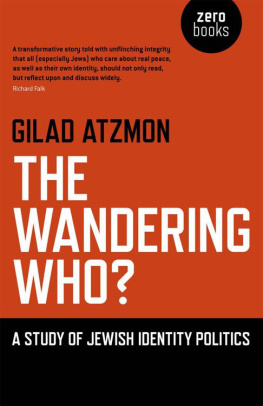
 TM The paper used in this publication meets the minimum requirements of American National Standard for Information Sciences Permanence of Paper for Printed Library Materials, ANSI/NISO Z39.48-1992.
TM The paper used in this publication meets the minimum requirements of American National Standard for Information Sciences Permanence of Paper for Printed Library Materials, ANSI/NISO Z39.48-1992.